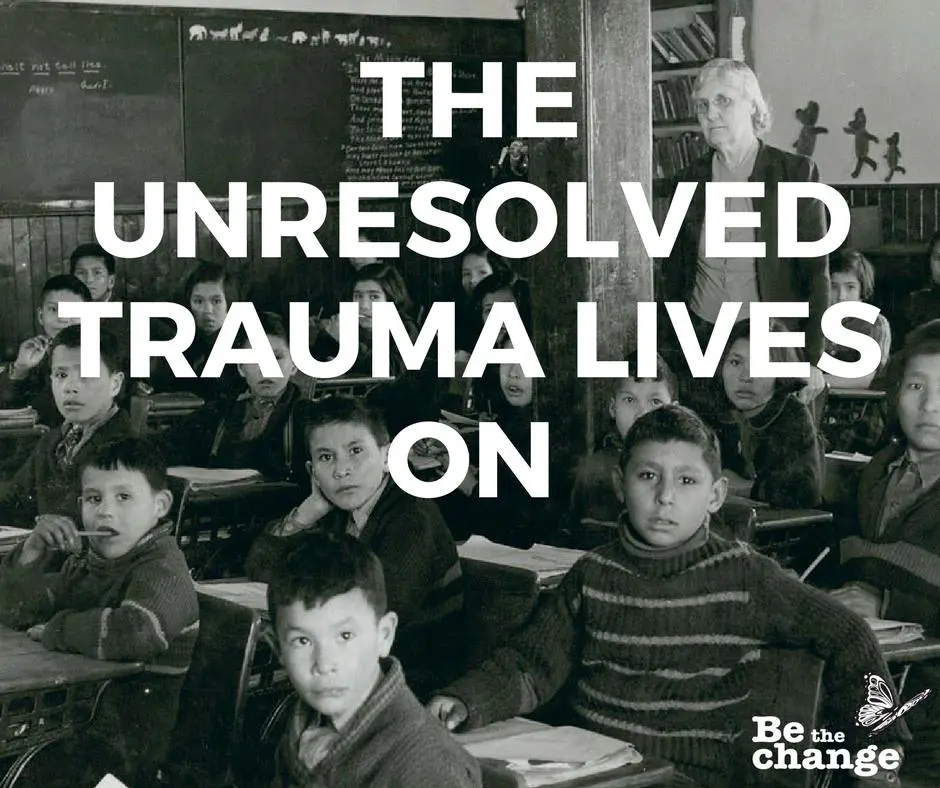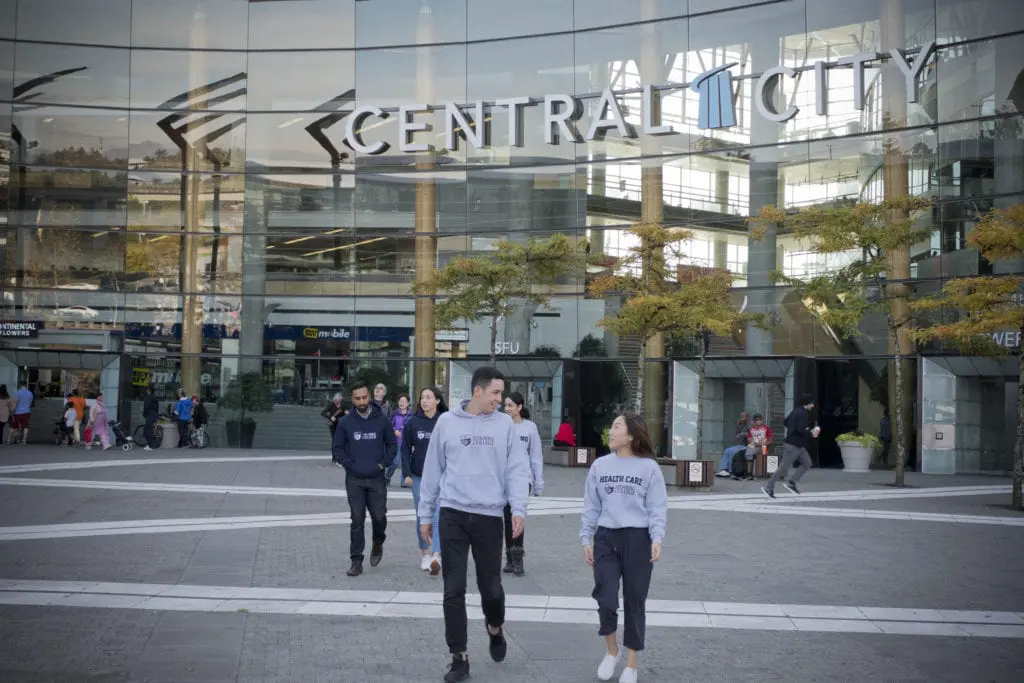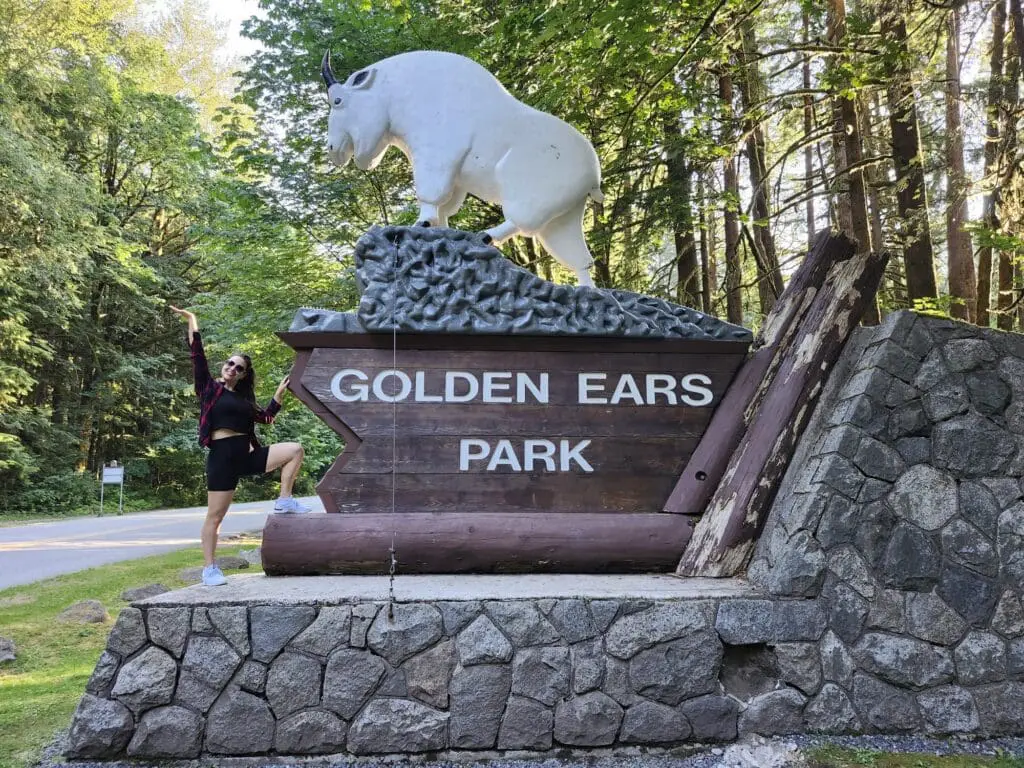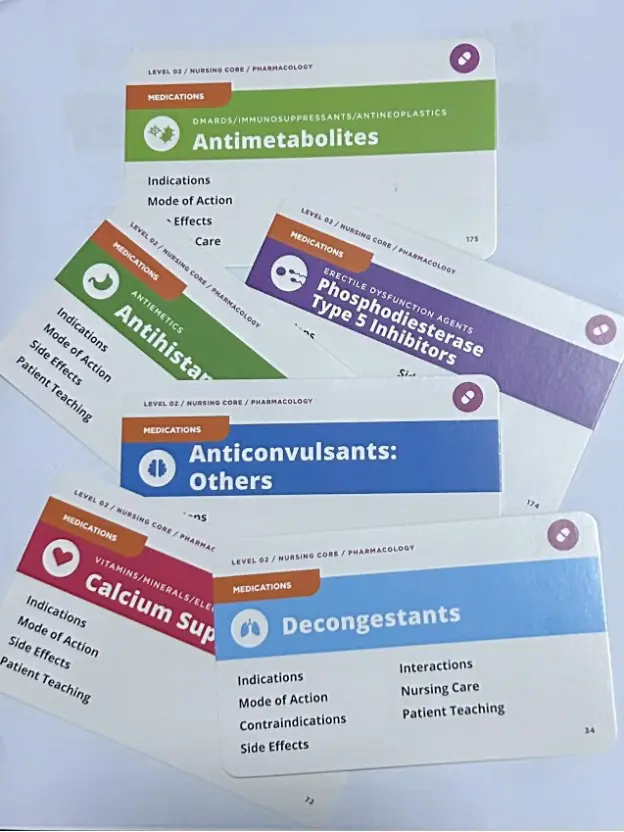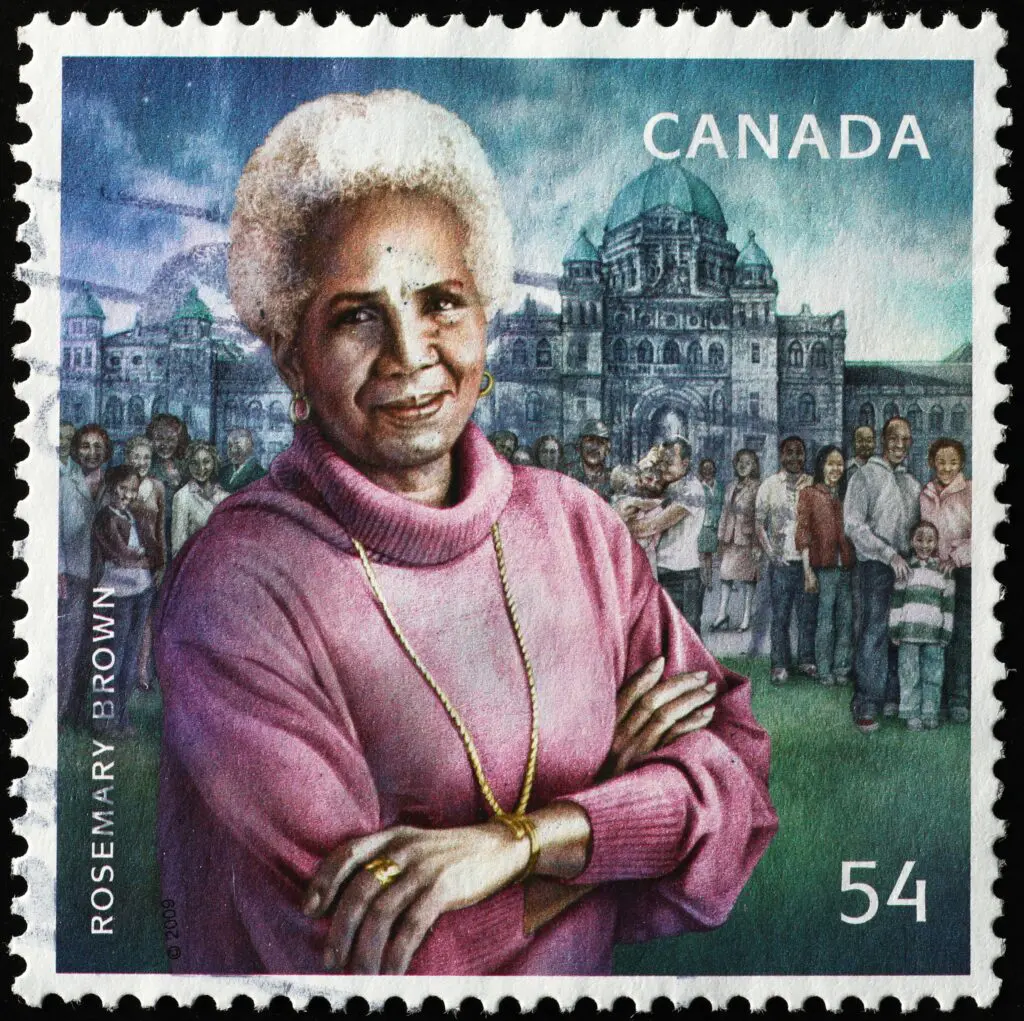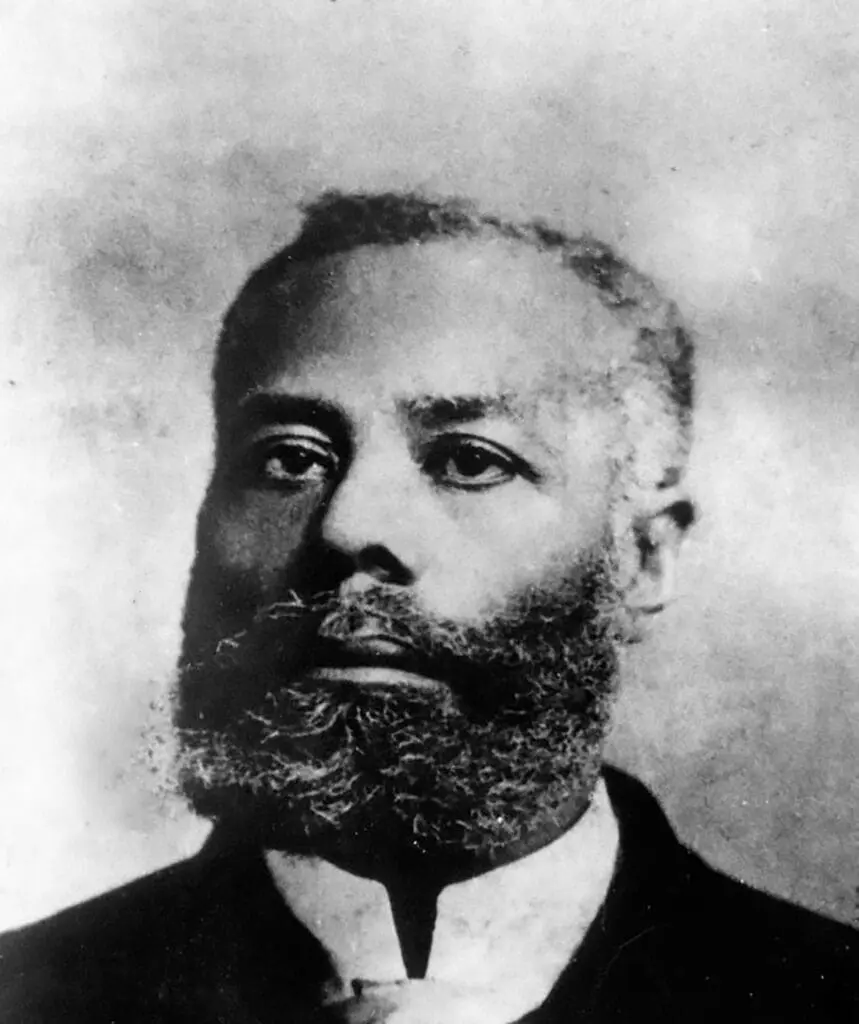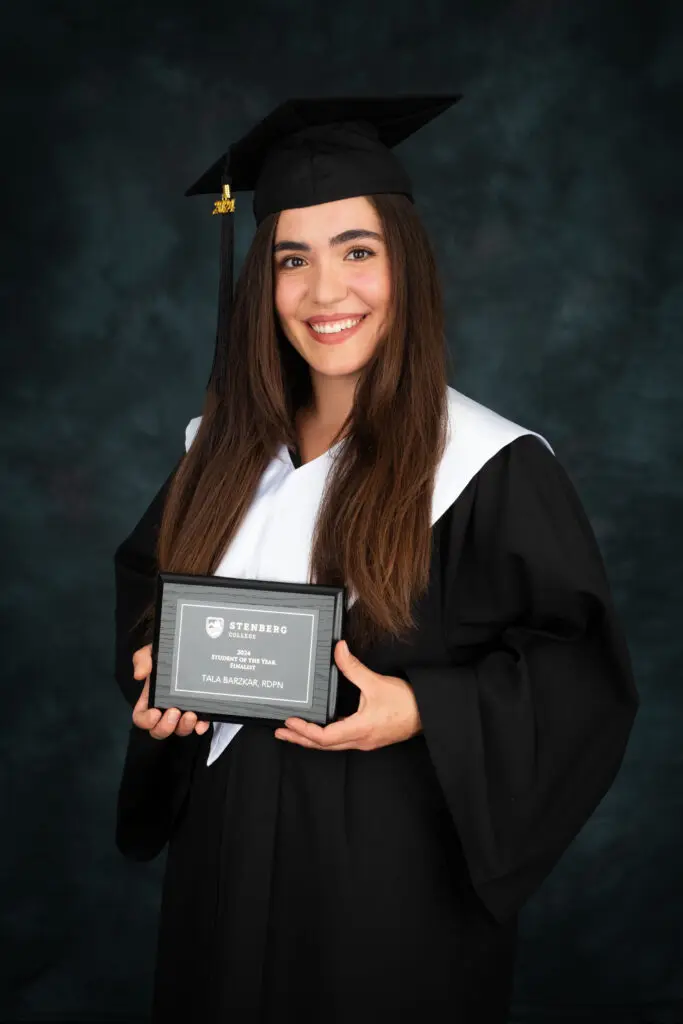I heard Dina Lambright speak at Stenberg’s “Be the Change” conference back in April. When I was told she was going to be our Community Mental Health and Addictions Worker instructor for our Aboriginal Studies course I was thrilled. I enjoyed her presentation at the conference as it was very informative, heartwarming and honest. On top of it all, Dina spoke with humour and wit, which was contagious and relatable.
When it was time to take her course, we were greeted with a warm welcome. I immediately felt this inner voice in my mind tell me, “prepare yourself.” And that was it. Prepare myself for what? Twelve days would be all I needed to comprehend emotions and conjure an answer.
Aboriginal history
We started off by introducing ourselves. We were more than halfway through our program and you’d think introductions would be a thing of the past… but this introduction was different. It was intimate, empowering and emotional.
We were there to learn about Aboriginal history in Canada. To be honest, it was shocking and difficult to digest. Hearing in-depth stories of residential school survivors, the loss of culture, statistics of Aboriginal people living in poverty, maltreatment of children, colonialism, racism Aboriginal people face, murdered and missing Aboriginal women in Canada and assimilation of generation after generation. These are all things existing long before I was born.
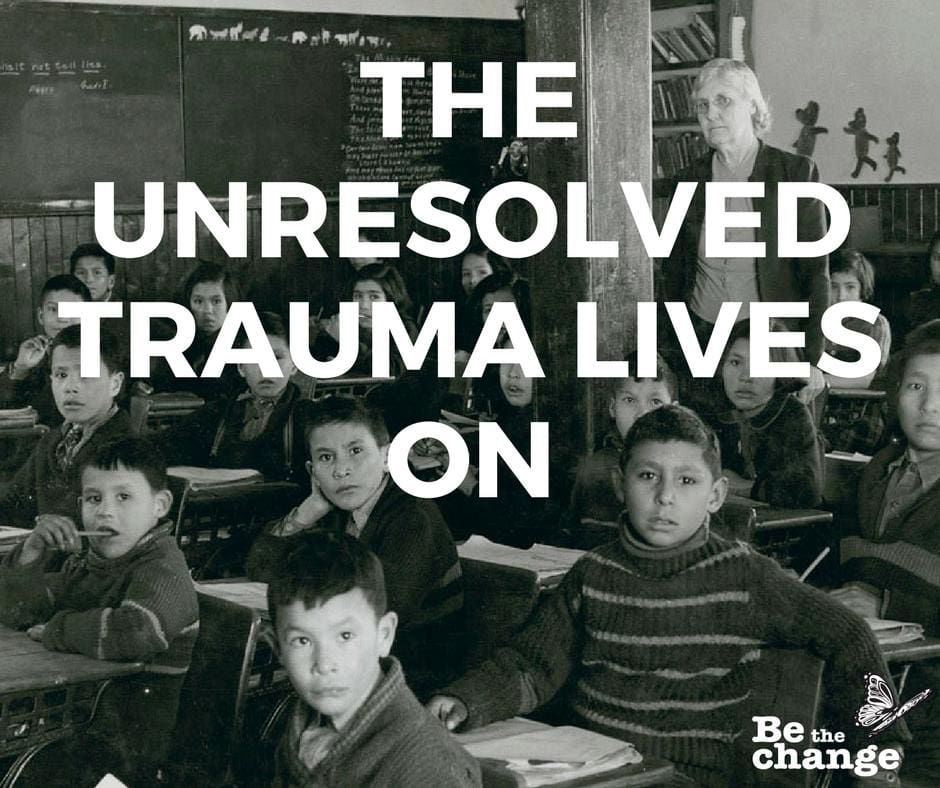
For the first time
It felt like I was discovering this information for the very first time. And to be honest, I was. I have no recollection of learning this in primary or secondary school. My perception of Aboriginal people was based on stigmas and stereotypes that rooted themselves in my way of thinking. This isn’t in any way an excuse to justify my prejudices but a confession of my way of thinking prior to this course.
As we delved deeper into the lessons, I became aware of how important courses such as this are, not just for those of us in the Community Mental Health and Addictions Worker (CMHAW) program, but for all of us living in this country. How can we treat people with compassion if we so often ostracize one particular group of people? How can I support those who have been oppressed if I do not know about their background, culture or traditions?
To gain this insight and shift in perspective, to look at things from a different vantage point, I believe will be fundamental in our competence within the field of mental health and addictions.
Journey
The entire CMHAW journey is just that, a journey. Yes, we are getting an education but we are also learning life lessons crucial for our development in becoming compassionate workers. To be in a class where we can be open and honest has been life-giving and transformative.
To have cried, questioned, grieved, become angered and to continue taking hold of hope has created a crucial combination of components, which allow us to move towards reconciliation. To have had an instructor who is well-informed, patient, understanding, compassionate, open-minded and who taught us with an open heart did many things, including planting seeds of truth, healing and reconciliation. Throw in another instructor whose humour is not only funny but empowering and uplifting… all I can say is I am grateful for this continual growth I get to experience along with my admirable classmates.

